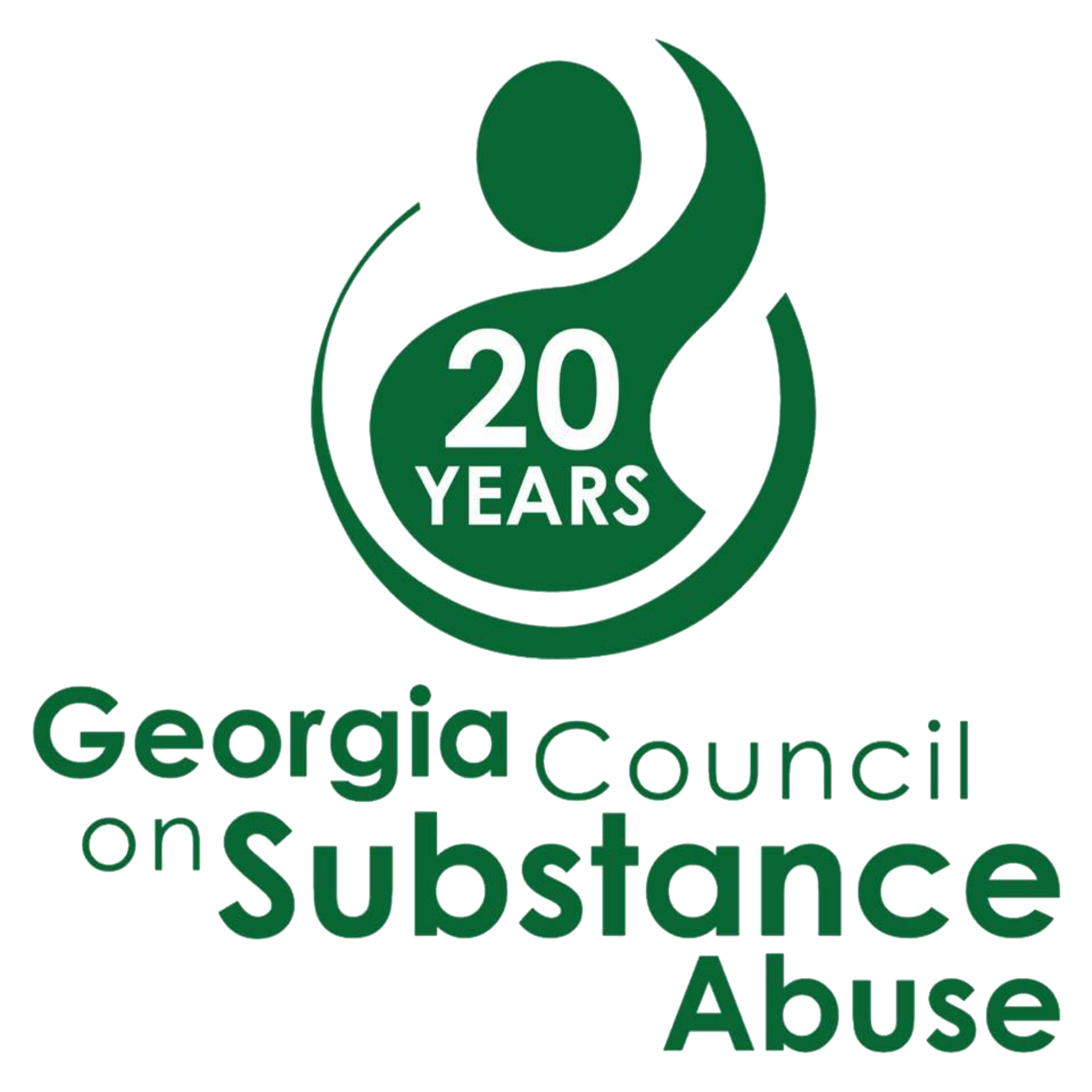Fully Enforce Parity and Increase Funds for Peer Led Recovery Programs In Local Communities
The Number One cause of death for Americans 18 to 45 continues to be opioid overdose and fentanyl poisoning. There is no greater or more serious domestic policy issue.
America is losing a generation to the Addiction Epidemic. Death rates surpass totals from multiple wars. America averages some 200 deaths per day – the equivalent of a 737-airplane crashing – everyday.
How many deaths must occur before America says: enough.
It’s not just fatalities that drive the Addiction Epidemic. Non-fatal incidents surrounding the Addiction Epidemic impact both peers and their families in profound ways.
Addiction, properly referred to as Substance Use Disorder, is a medical issue. The United States is at a pivotal moment in the Addiction Epidemic.
Beyond the death and survival statistics lies the impact the Addiction Epidemic has on the American workforce. Businesses large and local are having to address the reality that addiction is impacting America’s ability to maintain a workforce and conduct business in a consistent and profitable manner. The Administration and Congress have two options: save lives, restore families, and strengthen communities; or watch the death rates continue to increase in communities across the nation
Parity
Numerous states remain in noncompliance with both the Federal and state parity laws. Most families cannot afford treatment and must have insurance to support their loved one. Unfortunately, all too often, the insurance lobby is failing to comply with both Federal and state law. Far too many American families enter generational debt because insurance is failing to cover treatment in a professional and medically appropriate manner.
The Georgia Council for Recovery calls on The Administration, Congress, the United States Department of Justice, and the bipartisan National Association of Attorneys General to take appropriate actions to ensure full compliance with Parity at both the Federal and state level.
Federal Funding
There is widespread, bipartisan support, for the concept that States, and local communities, best know the way to serve their populations – not the federal government. Creating an environment allowing for innovative solutions at the state level instead of building administrative silos is smart science and will save taxpayer dollars.
Reasonable Americans agree that States should have the ability to fund various activities most appropriate to the needs of their communities including addressing prevention, treatment, recovery, and responding to overdoses. Americans appreciate bipartisan efforts to address waste, fraud, and abuse of taxpayer dollars. The Behavioral Health Innovation Block Grant which will consolidate the funding for the Community Mental Health Services Block Grant, Substance Use Prevention, Treatment and Recovery Support Services Block Grant,and State Opioid Response may very well increase flexibility but reduce administrative burden for states by having a single reporting mechanism.Addressing structural reform to the bureaucracy is a welcome and appropriate privilege and responsibility for every Presidential Administration. Yet, as much as this effort is appreciated, and might even save taxpayer dollars, reduce duplication, and simplify the administrative process, that is not the most important matter facing the Administration in their FY 2026 Health and Human Services Budget. Saving lives, restoring families, and strengthening communities with increased funding is the top priority facing the Administration in their FY 2026 Health and Human Services Budget.Initial indications suggest that the block grants aren’t as stable and static as, many in the Addiction Recovery Community anticipated they would be with the reorganization of SAMHSA at HHS.If enacted as proposed, the new Behavioral Health Innovation Block Grant will be funded at nearly ONE BILLION dollars LESS ($4.1B compared to $5.1B). Most Americans understand the need for fiscal responsibility. However, the fact is, there is nothing fiscally responsible about letting preventable deaths continue because we failed to invest in programs that are proven to work. A lack of investment now will result in substantially increased funding requirements in the near future that cannot be avoided. Nor is there anything conservative about ignoring the safety, health and security consequences of an unchecked addiction and fentanyl epidemic on families in communities across America,
The Georgia Council for Recovery urges The Administration and Congress to work in a bipartisan manner to increase funding in the new Behavioral Health Innovation Block Grant as opposed to recommending a reduction of some ONE BILLION.
Yes, there are places to find cuts in the Federal Budget. The medical issue killing the largest number of Americans 18-45 is not that place.
It is imperative that The Administration and Congress address the Addiction Epidemic with a pro-family, pro-business, and pro-community bipartisan plan of action to increase peer and clinical lead addiction recovery programs in communities across American.
The Georgia Council for Recovery urges The Administration to move forward with a plan operating under a banner of “bold, unmistakable colors with no pale pastels”
The over 150 MILLION American families impacted by the Addiction Epidemic are united in bipartisan support for funding that meets the moment, matches the science, and saves lives.

